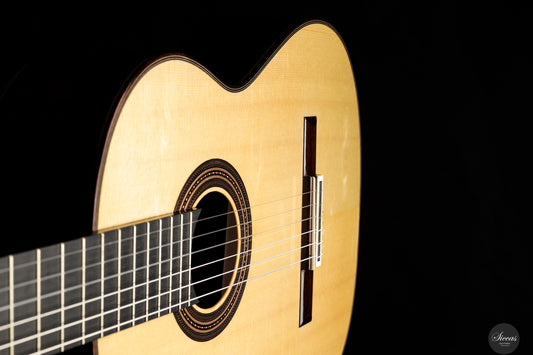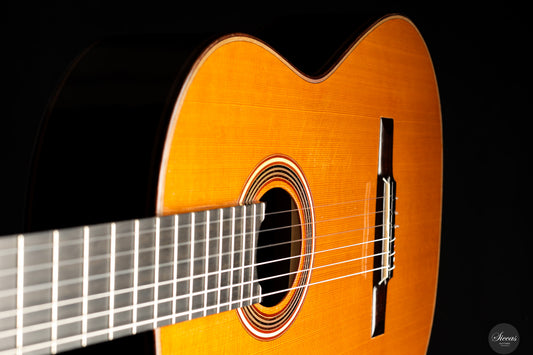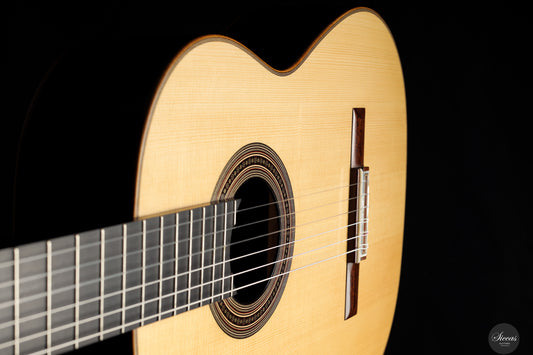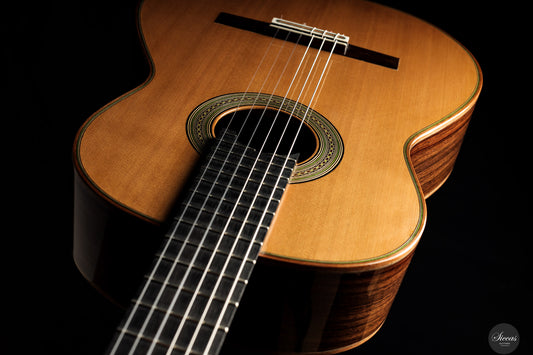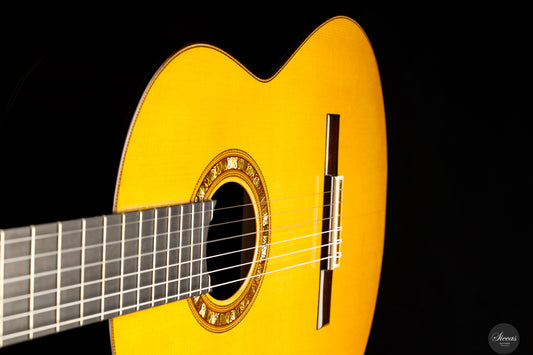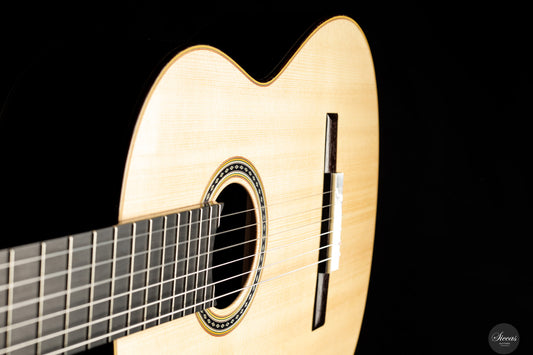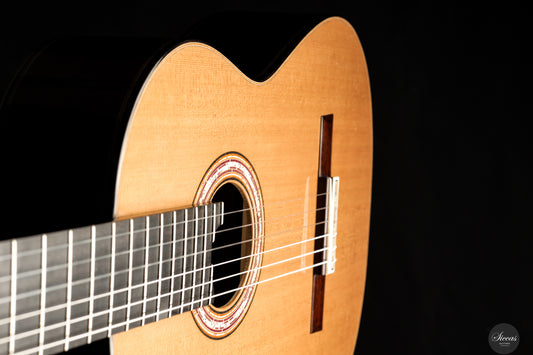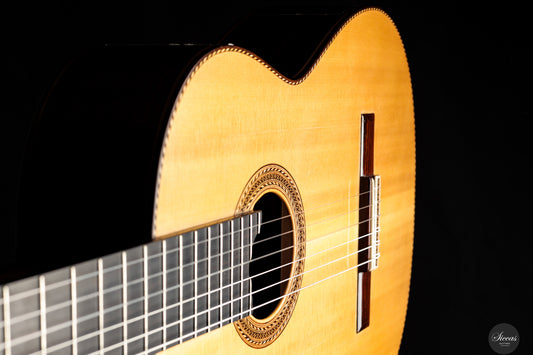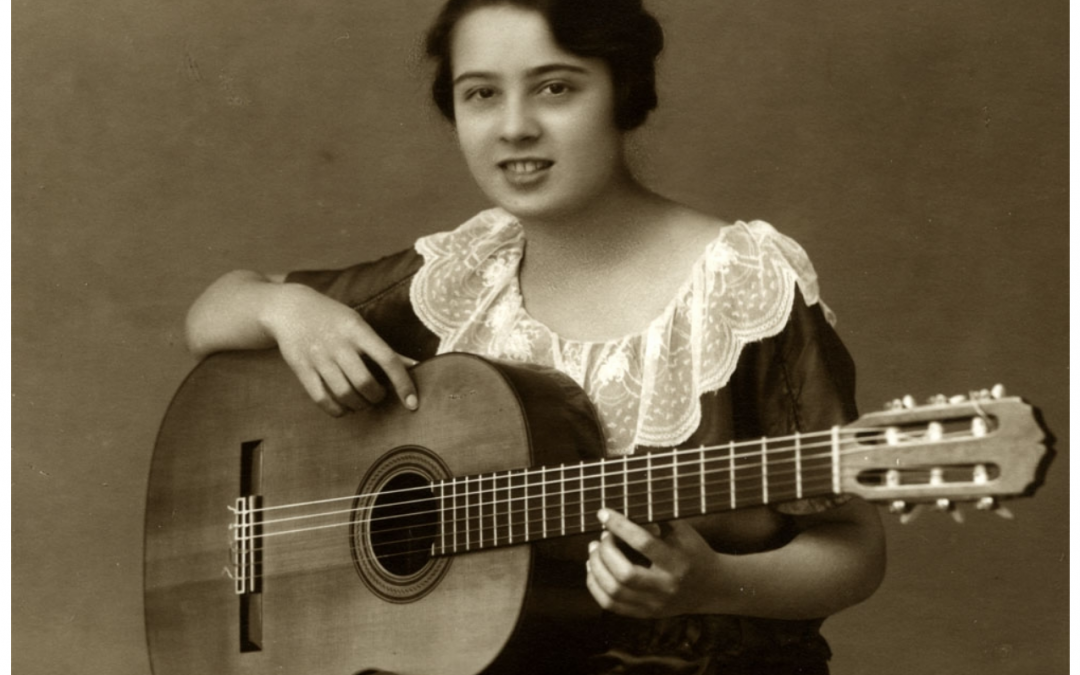
Luise Walker
Luise Walker was born on September 9, 1910, in Vienna. When she was still a young girl of 8, she happened to come across the guitar, whose attractive tones so captivated her that she decided, with the help of her parents—who had long recognized their daughter’s unusual musical abilities—to try to restore to the instrument the attention it rightly deserved. Her first teacher was Joseph Zuth (1879–1932), a pioneer of guitar musicology. She continued her studies at the Conservatory of Music with Jacob Ortner (1879–1959) and with Heinrich Albert (1870–1950). In addition, the Catalan guitarist Miguel Llobet (1878–1938), the most important pupil of Tárrega, performed regularly in Vienna and was a frequent guest in Walker’s parental home. As a result of this connection, Luise Walker absorbed much of the Spanish tradition of guitar playing. She entered the Vienna State Academy of Music and, at only 15 years of age, graduated with distinction. Her extensive studies culminated in a debut in November 1925, when she was just 15 years old. Her success was repeated in recitals in Prague and Berlin. After a performance in London in 1931, New York recitals followed in 1933. That same year she began countless concert tours at home and abroad, and in 1940 she was appointed Professor of Guitar at the Vienna Conservatory of Music.
Her postwar activities included tours throughout Europe, the Soviet Union and America, the publication of compositions, arrangements and studies, as well as several recordings. In 1956 she served on the jury of the International Guitar Competition in Geneva. In 1968 the Austrian Federal President awarded her the Cross of Honour for Science and Art. A Supraphon recording from 1972 demonstrated that her artistic mastery remained undiminished. In 1989 she published her autobiography “A Life with the Guitar”.



